Exploring the Impact of AI in Software Testing
Software testing is a crucial aspect of software development, ensuring that applications perform as intended and meet the expectations of end-users. Traditionally, testing has relied heavily on manual efforts, which can be time-consuming, error-prone, and resource-intensive. However, with the rapid advancements in artificial intelligence (AI), a new era of software testing has emerged. AI has the potential to revolutionize the way we approach testing, breaking boundaries and opening up new possibilities. In this blog post, we will delve into the impact of AI in software testing, discussing the challenges it presents and the opportunities it brings.
- Understanding AI in Software Testing:
AI, as a branch of computer science, is concerned with the creation of intelligent computers capable of doing activities that would normally need human intellect. AI algorithms and approaches can automate numerous testing operations, analyze complicated data sets, find trends, and make educated judgments in the context of software testing. Testers may achieve quicker, more accurate, and efficient testing procedures by integrating AI.
- Test Automation and AI:
Test automation has been a cornerstone of software testing for years, streamlining repetitive tasks and reducing manual effort. AI takes test automation to the next level by introducing intelligent algorithms that can learn from past test results and make predictions about future issues. Machine learning algorithms can analyze large volumes of data, identify trends, and generate test scripts or adapt existing ones, making the testing process more adaptive and robust.
- AI-Driven Test Generation:
One of the key challenges in software testing is the generation of comprehensive test cases that cover a wide range of scenarios. With AI, test generation becomes more intelligent and dynamic. AI algorithms can analyze codebases, identify potential areas of vulnerabilities, and generate test cases that stress-test those specific areas. This not only saves time but also improves test coverage, uncovering potential issues that may have been overlooked with manual testing.
- Defect Prediction and Prioritization:
AI can assist in predicting defects by analyzing historical data, code complexity, and other relevant factors. By leveraging machine learning techniques, AI can identify patterns and indicators that are likely to lead to defects. Testers can then focus their efforts on high-risk areas, prioritizing testing activities and improving the overall quality of the software.
- Intelligent Bug Reporting and Triage:
Bug reporting and triage can be time-consuming and often require manual effort to reproduce and analyze reported issues. AI can aid in intelligent bug reporting by automatically capturing relevant information, such as log files, system configurations, and user actions, to provide a comprehensive bug report. Additionally, AI algorithms can help in triaging bugs by analyzing their severity, impact, and priority, ensuring that critical issues are addressed promptly.
- Real-time Monitoring and Alerting:
In today’s dynamic software environments, real-time monitoring is crucial to identify issues as they occur. AI can play a vital role in monitoring software applications, analyzing logs, metrics, and user behavior to detect anomalies and patterns indicative of potential issues. By leveraging AI, testers can proactively address emerging problems, minimizing downtime and ensuring a seamless user experience.
- Ethical Considerations and Bias:
Although AI has several advantages for software testing, it is crucial to address ethical issues and possible biases. Artificial intelligence (AI) algorithms are only as good as the data they are trained on, and biased training data may provide biased conclusions. Testers and developers need to actively work toward fairness and inclusion in testing procedures while being aware of these biases.
Conclusion
The impact of AI on software testing is transformative, breaking boundaries and opening up new opportunities for testers and developers. From intelligent test generation to defect prediction and real-time monitoring, AI is revolutionizing the testing landscape. However, it is important to recognize the challenges that come with AI adoption, such as ethical considerations and biases. By harnessing the power of AI and leveraging its capabilities, software testers can enhance efficiency, improve accuracy, and deliver higher-quality software to end-users. As AI continues to evolve, the future of software testing looks promising, and testers must embrace this technology to stay at the forefront of their field.



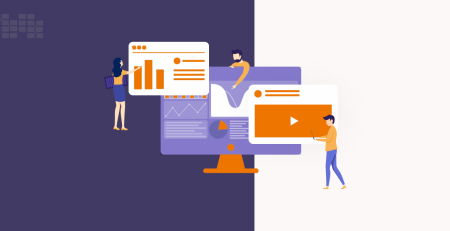
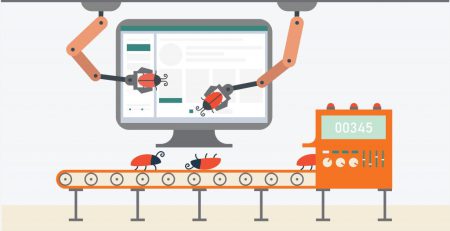
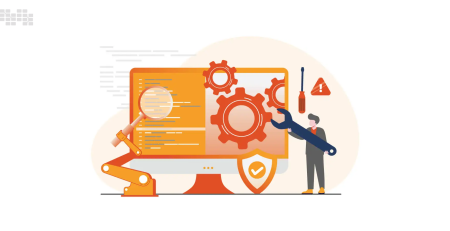
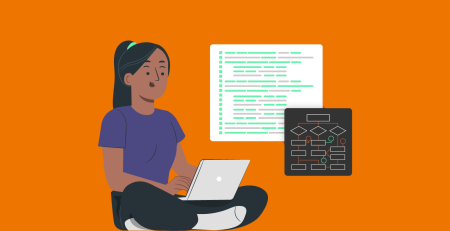
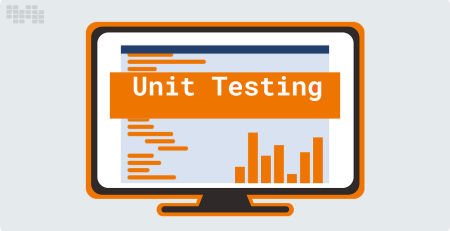
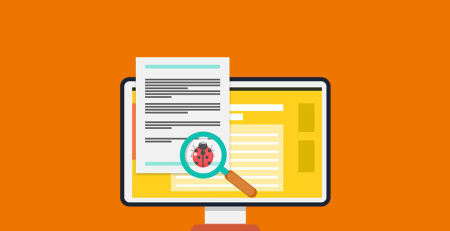
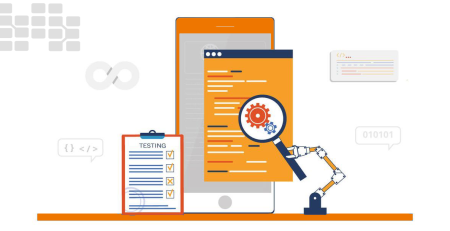
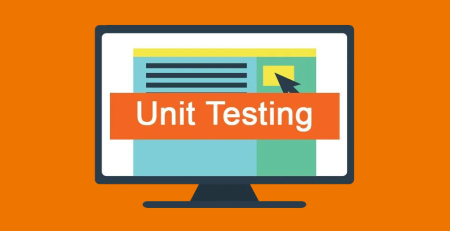
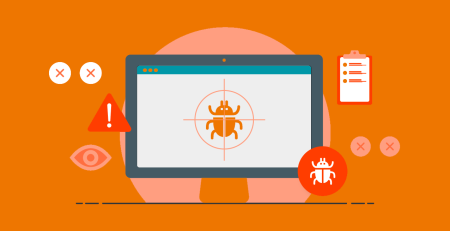
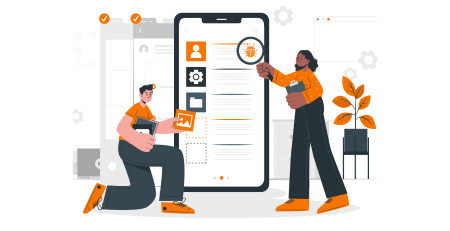
Comment (1)
I appreciate you writing this informative blog post about the use of AI in software testing. It’s amazing how AI has transformed testing, making it possible to identify problems and vulnerabilities more quickly and accurately. It is very amazing how well AI is able to evaluate vast volumes of data and continually improve via experimentation. But it’s crucial to keep in mind that human testers are still essential for verifying the caliber of software. Unquestionably, the fusion of AI with human experience will result in software systems that are even more stable and dependable.